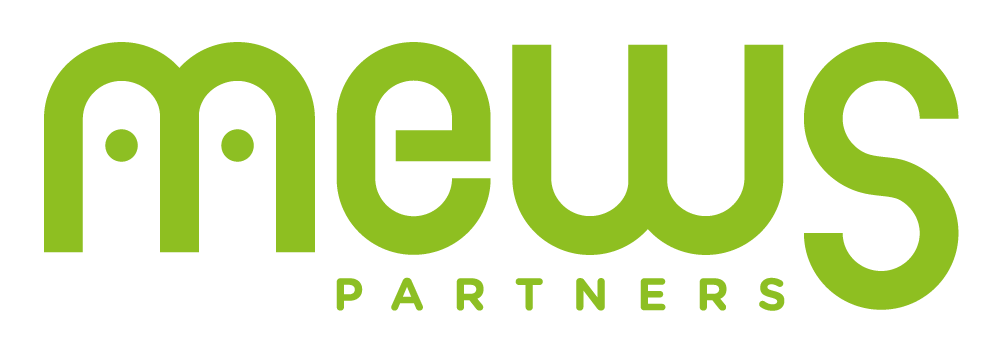Creating an environment which promotes innovation requires a delicate balance between structured processes – to better control spending – and an evolution of culture that allows the emergence of breakthrough ideas.
“One doesn’t discover new lands without consenting to lose sight, for a very long time, of the shore.” - André Gide
Kontext
In order to capture the millennials market, this luxury company decided to create an innovation board. Beyond the historical know-how acquired in terms of product and marketing innovation, the challenge was to favor the emergence of a new kind of innovations: in services, customer experience and managerial practices.
This company called on our services to design their innovation transformation plan: animation processes, governance modes, cultural change, budget, etc.
Approach
Because the success of innovation initiatives requires a strong sponsorship, we initially animated awareness events for top management. Based on our maturity diagnosis outputs, we organized, in some unusual places, shared beliefs about innovation sessions, inspiring presentations, expectations gatherings. We were thus able to set an ambition for change aligned with the company’s DNA.
Secondly, we defined practical modalities to manage innovation: processes (from ideation to industrialized POCs), techno and market watch, ecosystem management (university, start-up, etc.), governance, budget.
Finally, we initiated the first innovation committees and the first ideation sessions.
Results
The project laid the foundations for innovation management:
- Identification of existing innovation initiatives to be promoted internally
- Detailed process design to manage all different innovation modes (strategy-driven innovation, spontaneous innovation through thanks to internal “corporate hackers”, innovation inspired by demonstrators, …)
- Initialization of a weekly newsletter related to market trends and technology breakthrough
- Identification of potential innovation partners (techno companies, start-ups, schools, etc.)
- Budget construction over 3 years
- Based on a benchmark, cost evaluation to create a dedicated “innovation lab”
- Selection of 15 inspiring events to participate
- Animation of the first ideation workshops.










